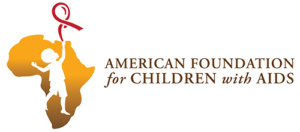Gardens are a lifeline for those living with AIDS in the D.R. Congo, providing them with vital resources and hope. The American Foundation for Children with AIDS (AFCA) has found that supporting sustainable gardens is an effective way to improve the lives of people living in extreme poverty who have been infected or affected by HIV/AIDS
Here are 7 ways gardens help create livelihoods and choices for those living with AIDS in D.R Congo:
- Gardens provide a sustainable source of nutrition, which is critical for people living with HIV/AIDS who have weakened immune systems or limited access to foods that are rich in nutrients.
- Gardens offer an opportunity for families to make money by selling the produce they grow at local markets, enabling them to buy other essential items like soap, clothes, and medicine.
- Gardens provide employment opportunities to local people, helping increase the economic stability of their community.
- Gardening is an educational activity that teaches children and young adults about health and hygiene, food security, and sustainable farming practices.
- Gardens help improve the environment by reducing soil erosion, improving biodiversity and providing clean water.
- Gardens give those living with AIDS a sense of purpose and pride as they care for their crops, which can provide psychological benefits.
- Finally, gardens offer a space for community members to come together and share knowledge and experiences in a safe place.
At AFCA, we believe every individual should have access to nutritious food, educational opportunities, economic stability, and improved mental health — all of which are possible through sustainable gardening. You can make a difference in the lives of many by supporting AFCA’s work and donating today.

